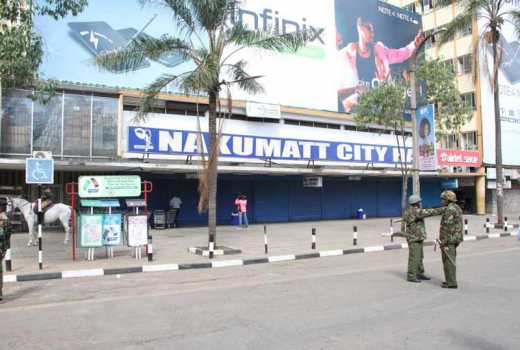×
The Standard e-Paper
Fearless, Trusted News

It will take more than a miracle for Nakumatt to recover from its financial woes, with the struggling retailer now pushing the repayment of debts to as late as 2026.
Nakumatt is also expected to shed about half of its workforce in its latest turnaround attempt, according to proposals contained in a report by its new administrator.